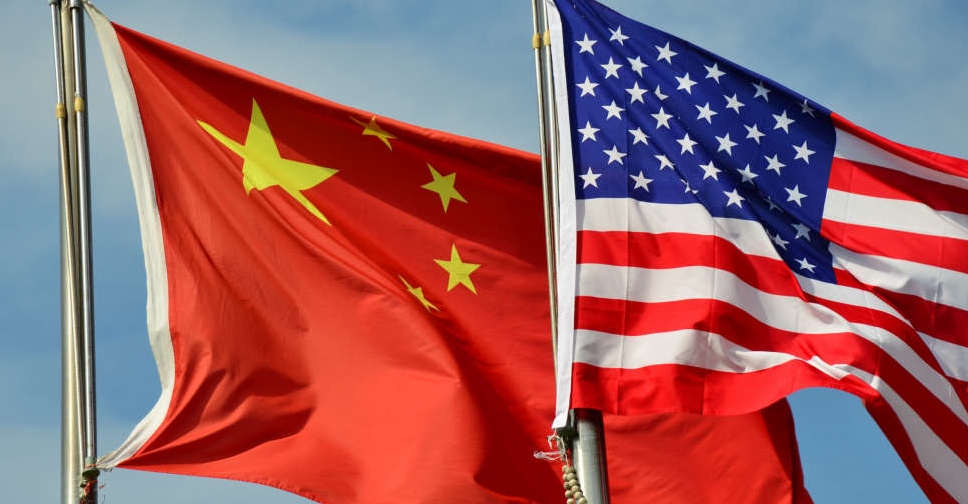
China on Tuesday banned exports to the United States of the critical minerals gallium, germanium and antimony that have widespread military applications, escalating trade tensions the day after Washington's latest crackdown on China's chip sector.
The curbs strengthen enforcement of existing limits on critical minerals exports that Beijing began rolling out last year, but apply only to the US market, in the latest escalation of trade tensions between the world's two largest economies ahead of President-elect Donald Trump taking office next month.
A Chinese Commerce Ministry directive on dual-use items with both military and civilian applications cited national security concerns. The order, which takes immediate effect, also requires stricter review of end-usage for graphite items shipped to the US.
"In principle, the export of gallium, germanium, antimony, and superhard materials to the United States shall not be permitted," the ministry said.
Gallium and germanium are used in semiconductors, while germanium is also used in infrared technology, fibre optic cables and solar cells. Antimony is used in bullets and other weaponry, while graphite is the largest component by volume of electric vehicle batteries.
The move has sparked fresh concern that Beijing could next target other critical minerals, including those with even broader usage such as nickel or cobalt.
"China has been signalling for some time that it's willing to take these steps, so when is the US going to learn its lesson?" said Todd Malan of Talon Metals, which is trying to develop a nickel mine in Minnesota and is exploring for the metal in Michigan. The only US nickel mine will be depleted by 2028.
The United States was assessing the new restrictions, but will take "necessary steps" in response, a White House spokesperson said, without giving details.
"These new controls only underscore the importance of strengthening our efforts with other countries to de-risk and diversify critical supply chains away from PRC (China)," the spokesperson said.
Representatives for Trump did not immediately respond to a request for comment.
Chinese customs data show there have been no shipments of wrought and unwrought germanium or gallium to the US this year through October, although it was the fourth and fifth-largest market for the minerals, respectively, a year earlier.
Similarly, China's overall October shipments of antimony products plunged by 97 per cent from September after Beijing's move to limit its exports took effect.
China accounted last year for 48 per cent of globally mined antimony, which is used in ammunition, infrared missiles, nuclear weapons and night-vision goggles, as well as in batteries and photovoltaic equipment.
This year, China has accounted for 59.2 per cent of refined germanium output and 98.8 per cent of refined gallium production, according to consultancy Project Blue.
"The move is a considerable escalation of tensions in supply chains where access to raw material units is already tight in the West," said Project Blue co-founder Jack Bedder.
Prices of antimony trioxide in Rotterdam had soared by 228 per cent since the beginning of the year to $39,000 a metric ton on November 28, data from information provider Argus showed.
"Everyone will dig in their backyard to find antimony. Many countries will try to find antimony deposits," said a minor metals trader in Europe, declining to be named.
Perpetua Resources, which is developing an Idaho antimony mine with US government financial support, said China is "weaponizing accessing" to minerals critical for the US military and technology firms.
"We must get serious about American mineral sources," said Perpetua CEO Jon Cherry. "It's time to end our reliance on China and secure our future."



 Nasdaq set to confirm bear market as Trump tariffs trigger recession fears
Nasdaq set to confirm bear market as Trump tariffs trigger recession fears
 Dana Gas and Crescent Petroleum exceed 500M boe in Khor Mor field
Dana Gas and Crescent Petroleum exceed 500M boe in Khor Mor field
 China to impose tariffs of 34% on all US goods
China to impose tariffs of 34% on all US goods
 Shares bruised, dollar crumbles as Trump tariffs stir recession fears
Shares bruised, dollar crumbles as Trump tariffs stir recession fears




